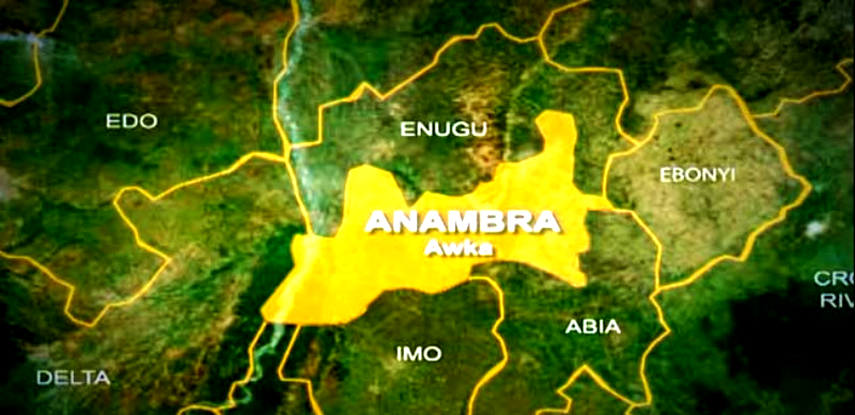The recent High Court judgment on the leadership dispute in Nawfia community has stirred significant uncertainty, particularly concerning the status of the traditional ruler, His Royal Highness Igwe Daniel Ogochukwu Obelle.
The court nullified the election conducted by the Nawfia Progressive Union, which brought Igwe Obelle into office, and reinstated Sir Nathan Enemuo as the President-General of the Nawfia Progressive Union. Despite Igwe Obelle’s assertion that they intend to appeal the judgment, Enemuo has declared the traditional ruler’s dismissal, citing the court’s ruling on the election’s invalidity.
In response to the court’s decision, Igwe Obelle emphasized their intention to challenge the ruling, asserting that the court’s jurisdiction is subject to higher review. Meanwhile, Enemuo expressed determination to uphold the court’s verdict, highlighting incidents of disruption during their union meetings by opposing factions. The legal dispute has escalated tensions within the community, with both sides adamant about their legitimacy and authority.
However, observers like Dr. S.C Moguluwa have highlighted the legal intricacies and implications of the court’s decision. Moguluwa emphasized the importance of adhering to the rule of law and expressed concerns over the installation of Igwe Obelle through what he described as an illegal caretaker committee. He underscored the necessity for all parties to respect the judicial process while acknowledging the potential ramifications for the current leadership structures in Nawfia.
Ultimately, the court’s ruling has cast a shadow of uncertainty over the leadership dynamics in Nawfia, with conflicting interpretations and legal battles intensifying. The community awaits further legal proceedings and potential appeals, while grappling with the implications of the court’s decision on the traditional leadership and union governance.
IMAGE: Web



